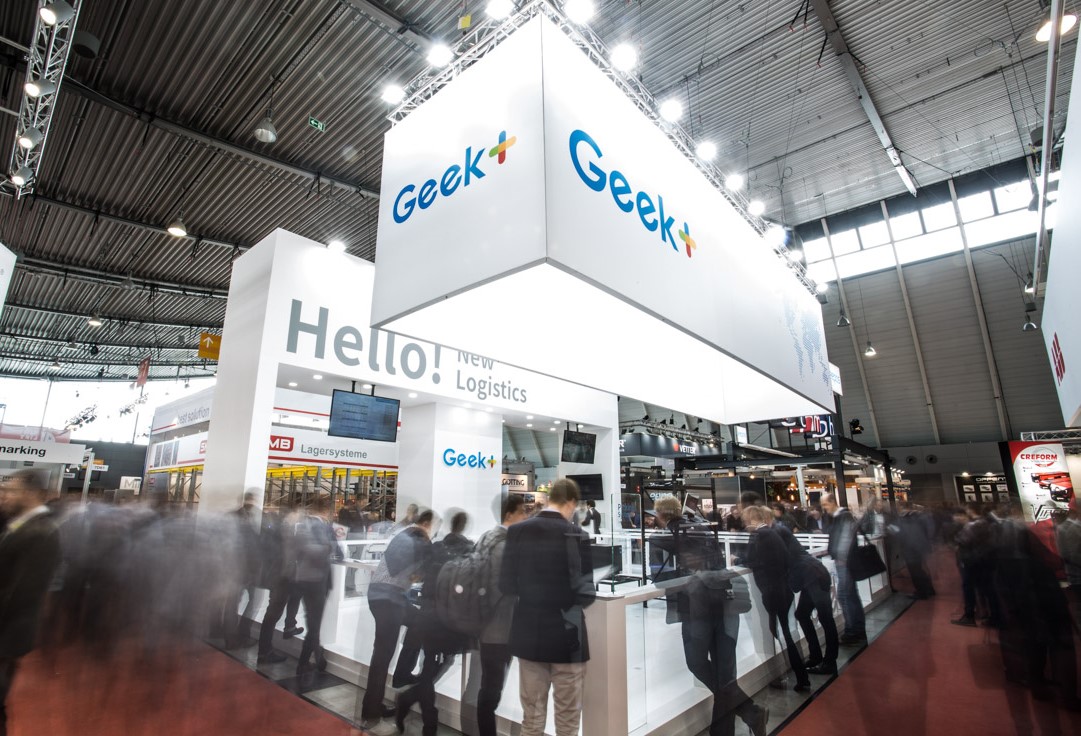Two years ago, Dachser acquired a majority share in Irish logistics company Johnston Logistics Ltd. The process of fully integrating it into the Dachser network is now nearing completion with the rebranding and associated name change to Dachser Ireland Ltd. Dachser made the official announcement earlier this week at the transport logistic trade fair in Munich.
Dachser and Johnston Logistics have been partners since 2007. In 2017, Dachser acquired a majority stake in the company, one of the most important logistics providers in the Irish market. Since then, the two companies have gradually become increasingly integrated. In September, Johnston Logistics Ltd. will change its name to Dachser Ireland Ltd. “The rebranding makes the full integration of Johnston Logistics into the Dachser network visible to the outside world. At the same time, the connection to all our systems ensures that the Irish country organization is secure and stable for the future,” explains Dachser CEO Bernhard Simon.
Operational integration complete
Dachser’s yellow and blue trucks are already on the road in Ireland. Operational integration, including the migration to DOMINO and MIKADO, Dachser’s proprietary IT systems for transport and warehouse management, took place back in February. Michael Schilling, COO Road Logistics at Dachser, says: “The integration of an experienced and capable partner such as Johnston Logistics is absolutely in line with one of Dachser’s main interests: we want our customers in Ireland to get the maximum benefit from uniform services and quality standards, fixed transit times, and the closely integrated network of Dachser branches throughout Europe.”
Albert Johnston, Managing Director of Johnston Logistics and soon of Dachser Ireland, adds: “With the integration into the Dachser network, we have found a good, sustainable path for future developments. Both family businesses stand for the same values. And both sides contribute expertise that will ensure further growth—in both our domestic and our export business.”
Johnston Logistics was founded in 1979. In addition to its headquarters in Rathcoole near Dublin, it has locations in Cork in the south and in Limerick on the west coast of Ireland. Its warehousing facilities offer 20,000 pallet spaces. In 2018, the company transported about 346,000 shipments with 120 daily departures. In addition to groupage, Johnston Logistics specialises in dangerous goods transportation and warehousing services for customers in the chemical, pharmaceutical, hardware, plastics and packaging industries. The company currently has 175 direct employees.
Pictured from left: Bernhard Simon, CEO Dachser, Albert Johnston, Managing Director, Johnston Logistics and soon of Dachser Ireland as well as Michael Schilling, COO Road Logistics at Dachser, at transport logistic in Munich.






